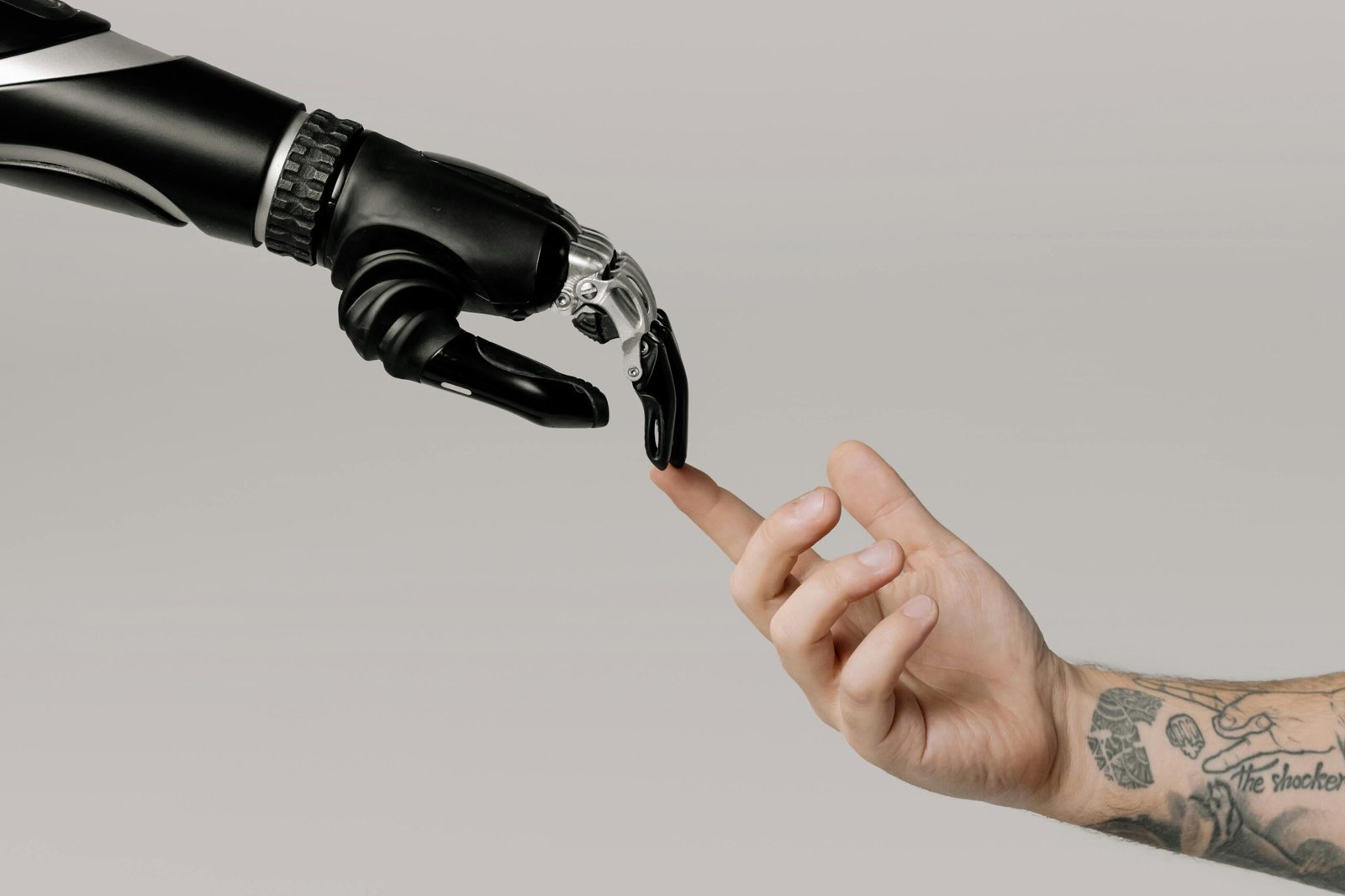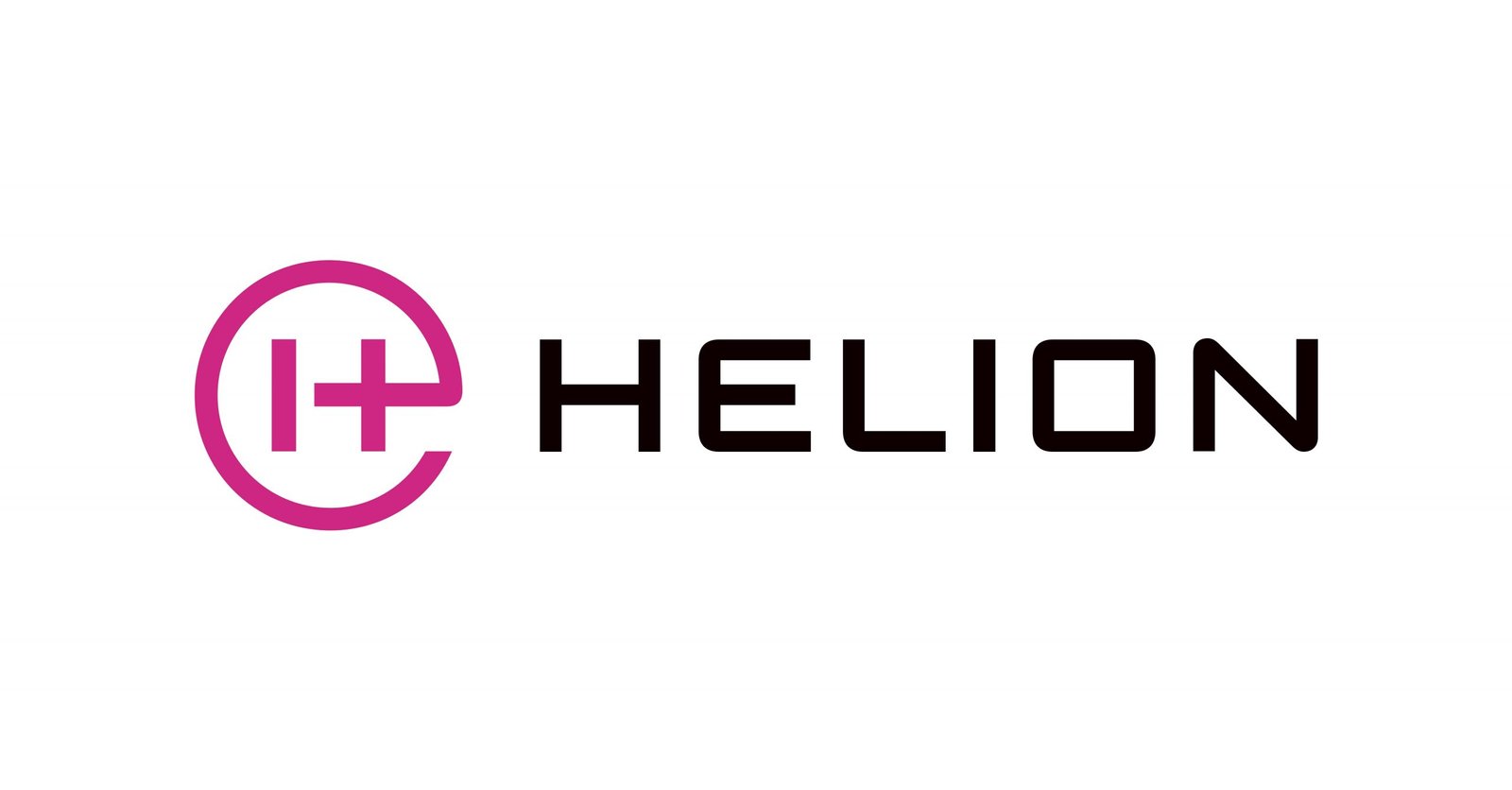A recent study delves into the emerging role of AI chatbots in mental health apps, aiming to understand their characteristics and real-world effectiveness. By observing 10 popular commercially available apps and analyzing over 6,200 user reviews from major app stores, researchers uncovered valuable insights into how these digital tools are perceived.
Users frequently praised chatbots for their accessible, 24/7 availability, their ability to provide judgment-free interactions, and a human-like conversational style that fostered comfort in sharing sensitive information. However, the study also highlighted significant drawbacks: chatbots often provided improper responses, made inaccurate assumptions about user personalities, and crucially, struggled with correctly identifying and handling crisis situations. Concerns also arose about users potentially developing an over-reliance or attachment, preferring bots over real-world social interaction, which could lead to isolation.
The findings suggest that AI chatbots hold immense potential for offering basic social and psychological support, especially when traditional human interaction is not preferred or feasible. Yet, this potential comes with clear calls for developers to establish stringent limitations and ensure these technologies provide adequate assistance, particularly during times of crisis.















